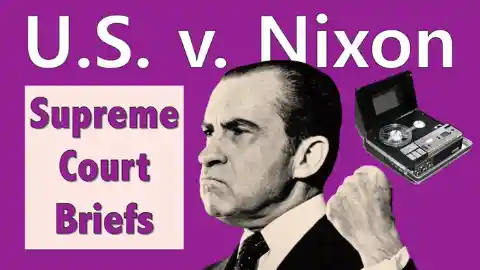

In a move that has sent shockwaves through the legal community, Judge Aileen Cannon recently dismissed the classified documents case against former President Donald J. Trump, citing the appointment of Special Counsel Jack Smith as unconstitutional. This decision has been criticized widely, with many legal experts predicting that it will likely be overturned on appeal.


The basis of Judge Cannon's decision is the appointment of Jack Smith, who Attorney General Merrick Garland appointed to investigate the classified documents case. Judge Cannon argues that the appointment violates the Constitution, specifically Article II, Section 2, Clause 2, which states that "He [the President] shall have Power...to appoint...Judges of the Supreme Court, and all other Officers of the United States, whose Appointments are not herein otherwise provided for."However, this argument is not supported by precedent. The Supreme Court has long held that the President has the authority to appoint special counsels, as seen in cases such as United States v. Nixon and Morrison v. Olson. In these cases, the Court recognized that the appointment of a special counsel is necessary to ensure the investigation's independence and prevent conflicts of interest.


Furthermore, the appointment of Jack Smith is consistent with the practices of previous administrations. For example, in the Whitewater investigation, Independent Counsel Kenneth Starr was appointed by a panel of judges, not the President. This precedent suggests that the appointment of a special counsel by the Attorney General, as in the case of Jack Smith, is a valid exercise of executive power.
Judge Cannon's decision to dismiss the case also ignores the fact that the appointment of a special counsel is a well-established practice in the United States. The Office of Special Counsel was created in 1978, following the Watergate scandal, to investigate allegations of misconduct by government officials. Since then, special counsels have been appointed in numerous high-profile cases, including the Iran-Contra affair and the investigation into Russian interference in the 2016 election.
The likelihood of Judge Cannon's decision being overturned on appeal is high. The precedent supports the appointment of special counsels, and the argument that the appointment of Jack Smith is unconstitutional is weak. Moreover, the decision to dismiss the case on this basis appears to be politically motivated, as it benefits Trump, who is currently facing multiple legal challenges.
Judge Aileen Cannon's decision to dismiss the classified documents case against Donald J. Trump is a controversial move that is likely to be overturned on appeal. The decision ignores established precedent and appears to be politically motivated. As the legal community continues to debate the merits of the decision, one thing is clear: this is a case that is far from over.